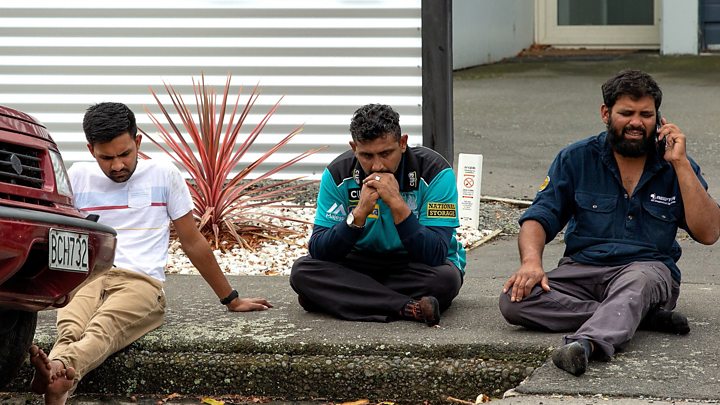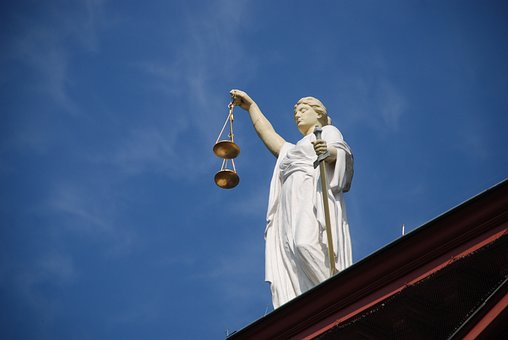The American Philosophical Association
Member Groups: Philosophers
outside academia Newsletter.
Friday, March 15, 2019
Friday, March 15, 2019
Monday, April 15, 2019
Tuesday, April 30, 2019
Friday, May 31, 2019
Related Group News
Posted in APA Announcements, 2/18/2019 11:00:00 AM
We are currently accepting nominations for two elected seats on the Graduate Student Council (GSC). All student associate members who are current graduate students in... more »
Posted in APA Announcements, 2/11/2019 11:00:00 AM
The APA is pleased to announce that Dr. Carrie Figdor (University of Iowa) has been awarded the 2019–2020 Edinburgh Fellowship. The Edinburgh Fellow has a... more »
Posted in APA Announcements, 1/25/2019 12:15:00 PM
The American Philosophical Association has made four new appointments to the Graduate Student Council (GSC). The following candidates will begin their two-year terms on July... more »
Posted in APA Announcements, 1/4/2019 11:00:00 AM
The APA is pleased to announce that Julio Covarrubias (University of Washington) has been awarded the 2018 Essay Prize in Latin American Thought for his... more »
Posted in APA Announcements, 12/20/2018 11:00:00 AM
The APA is pleased to announce the winners of the 2018 Public Philosophy Op-Ed Contest, which awards a $100 prize check per essay. Congratulations to... more »




